Manchester United Will Make Feelings Clear on Jadon Sancho with Major Sacrifice
Jadon Sancho’s huge move to Manchester United simply hasn’t worked out and he now finds himself out on loan again, now with Aston Villa until the end of the season when the England international will become a free agent
Manchester United are prepared to sacrifice getting any kind of transfer fee for Jadon Sancho as club chiefs lean towards letting him leave for nothing.
It is a damning indictment of what has happened to Sancho’s career at Old Trafford since they splashed £73million to sign him from German side Borussia Dortmund. The 25-year-old has become an outcast at United and is now on his third loan spell away from the club.
After a stint back in the Bundesliga with Dortmund and last season’s ill-fated spell at Chelsea, he’s now on loan at Aston Villa. And the Villans are hopeful that they can get the ex-Manchester City youngster back to something like his best, before signing him permanently at the end of the season.
At that point Sancho is hopeful of becoming a free agent. His current £200k-a-week deal at United runs out in June, but the Red Devils have the option to activate a 12-month extension to his current contract.
That would subsequently allow United to demand a small fee, with the club aware that they simply won’t see big money for the winger. But such a move would risk complicating a possible transfer for Sancho elsewhere.
And it’s understood United are so keen to see the back of Sancho, that co-owner Sir Jim Ratcliffe is prepared to let him walk out on the club for nothing – bringing to an end one of the most disastrous signings in English football history.
That’s good news for Villa, who will have first refusal from Sancho and his camp, if he can make a success of his spell in the West Midlands.
Sancho joined United in 2021 in a £73m deal that was widely seen as something of a coup at the time, such had been the impression he had made in Germany. But he never made a significant impact and was loaned back to Dortmund following a public bust-up with ex-United boss Erik ten Hag.
He made 31 appearances for Chelsea last term, and helped them win the UEFA Conference League. But Chelsea were forced to pay United a £5m penalty fee, after rejecting the option to make the deal permanent for £25m.
Sancho returned to United in June, but became one of five stars to find themselves banned from joining the squad for pre-season training by manager Ruben Amorim. He was told to stay away and resolve his future, which he did by engineering a move to Villa.
Here’s a 1000-word piece on “Manchester United will make feelings clear on Jadon Sancho with major sacrifice”:
When Manchester United prised Jadon Sancho away from Borussia Dortmund in the summer of 2021, the move was supposed to mark the beginning of a new attacking era at Old Trafford. After a two-year pursuit and months of negotiations, United spent close to £73 million to land one of Europe’s most exciting young wingers. Sancho was billed as the missing piece—a creative forward who could terrorise defences, inject pace, and deliver goals and assists consistently. Fast forward to 2025, and the narrative around Sancho has shifted dramatically. Instead of being the talismanic wide man United fans longed for, his career at the club has been marred by inconsistency, off-field issues, and a decline in trust from successive managers.
Now, reports indicate that Manchester United are prepared to make their feelings about Sancho abundantly clear: they will let him leave for nothing in 2026 rather than activate an extension clause in his contract. In effect, the club is prepared to make a major sacrifice—writing off a huge investment and allowing a player who once symbolised their ambition to walk away for free.
This decision, while brutal, encapsulates the current reality of Sancho’s standing at Old Trafford. It is a signal that Manchester United are finally ready to cut their losses, no matter how financially damaging, in order to move forward.
—
The Decline of a £73 Million Signing
Sancho’s arrival was celebrated as a coup. At Dortmund, he had averaged nearly a goal contribution per game, blending trickery with an eye for a pass. He was seen as the natural heir to the great United wingers of the past. However, his adaptation to the Premier League proved challenging. He struggled to replicate the electric form he showed in Germany, managing only flashes of brilliance in his debut season.
The following campaigns saw his role diminish further. Injuries, fitness issues, and a strained relationship with Erik ten Hag—who publicly questioned his training standards—contributed to his slide down the pecking order. When United opted to loan him to Aston Villa in 2025, it was clear that his Old Trafford future hung by a thread.
Despite occasional moments of promise at Villa Park, he has not yet produced the consistent performances needed to convince United’s hierarchy to reinvest faith in him.
—
The “Major Sacrifice” Explained
For a club the size of Manchester United, letting a high-profile player leave on a free transfer is always painted as a last resort. Normally, the club would extend the contract simply to protect the player’s value, even if he were no longer central to their plans. By refusing to exercise that option in Sancho’s case, the board are making a symbolic gesture: Sancho’s time is up, and United are no longer willing to prolong a failed experiment for financial convenience.
The sacrifice is twofold:
1. Financial Loss – Allowing Sancho to leave without a transfer fee means United will never recoup anything close to the £73 million they invested. From a business perspective, this looks disastrous. It will inevitably spark debate about recruitment missteps and the lack of return on such a hefty outlay.
2. Reputation Risk – Big clubs pride themselves on extracting value from assets. Letting a player of Sancho’s profile leave for nothing highlights the failure of one of the club’s most expensive signings. Rivals will point to this as evidence of United’s poor planning in the post-Ferguson era.
And yet, this sacrifice may be necessary to signal a cultural reset. United have been burdened for years by players who linger too long, consuming wages while delivering little on the pitch. By drawing a line with Sancho, the club demonstrates a willingness to take painful decisions in pursuit of progress.
—
What It Says About United’s Direction
The decision on Sancho is not just about one player—it reflects the broader shift in strategy under the current leadership. For too long, Manchester United’s transfer dealings have been marked by sentimentality, inflated contracts, and short-term fixes. The Sancho saga epitomises these mistakes: a huge signing pursued more for fan excitement than tactical necessity, and retained despite dwindling impact.
By refusing to extend Sancho’s stay artificially, United are finally sending a message: reputation alone will not earn loyalty. Players must perform, adapt, and align with the manager’s vision, or they will be moved on. It is a statement that performance outweighs price tag.
This approach also frees up space for emerging stars. With youngsters like Alejandro Garnacho, Amad Diallo, and even academy hopefuls pushing for more opportunities, United can shift focus from patching up Sancho’s career to building a more cohesive, hungry frontline.
—
Lessons From the Sancho Episode
Sancho’s case offers several lessons for Manchester United and other clubs alike:
1. Context Matters – A player thriving in one league does not guarantee success in another. The Bundesliga allowed Sancho space and freedom, while the Premier League demanded more physicality and quicker decision-making.
2. Managerial Fit is Crucial – Sancho never truly clicked with United’s tactical system. Managers alternated between using him on the left, right, and even centrally, but none of those experiments consistently unlocked his Dortmund form.
3. Discipline and Culture – Modern football increasingly demands total professionalism. Reports of training ground disputes and off-field distractions only heightened Sancho’s struggles. At a club where standards are under intense scrutiny, such lapses proved costly.
4. Timing of Decisions – United arguably kept faith for too long. A sale in 2023 or 2024, even at a loss, might have salvaged some financial return. Instead, by delaying the inevitable, the club finds itself facing a total write-off.
—
What Next for Sancho?
For Sancho himself, leaving United on a free may be liberating. At 26, he would still have prime years ahead, with the chance to relaunch his career away from the spotlight of Old Trafford. Clubs in Europe, particularly those in the Bundesliga or Serie A, may see value in a low-risk gamble on his undoubted talent.
A return to Germany could suit him best, offering a familiar environment where he previously thrived. Alternatively, a fresh start in a slower-paced league might allow him to rediscover confidence and rhythm. Whatever the path, Sancho must now focus on consistency, fitness, and professionalism to ensure he does not go down as a wasted talent.
—
Conclusion: A Painful But Necessary Step
Manchester United’s decision not to extend Jadon Sancho’s contract is a watershed moment. It is an admission of failure, but also a statement of intent. By making the major sacrifice of allowing a £73 million signing to leave for nothing, the club is prioritising footballing direction over financial optics.
For supporters, this will be bittersweet. Sancho once embodied hope, a marquee signing meant to restore attacking flair. Instead, his story has become one of what-ifs and unmet expectations. Yet, in the grand scheme, United’s willingness to move on decisively may mark the beginning of a more ruthless, clear-headed approach to squad building.
Sancho’s chapter at Manchester United will likely be remembered as a cautionary tale, a reminder that talent must be matched by adaptation, consistency, and mentality. For United, the sacrifice is costly—but perhaps essential to finally break from a cycle of misjudged transfers and misplaced loyalty.
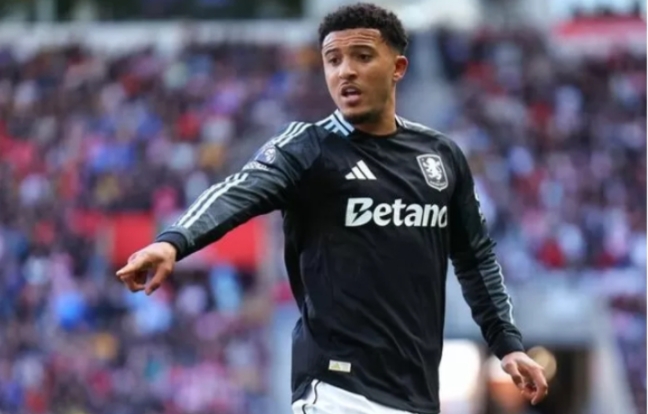
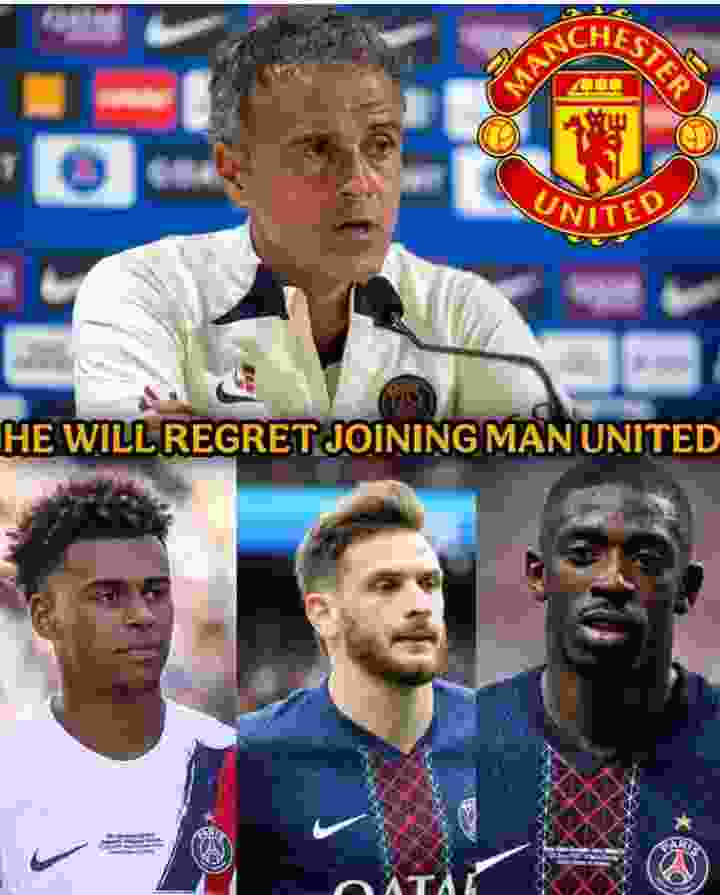
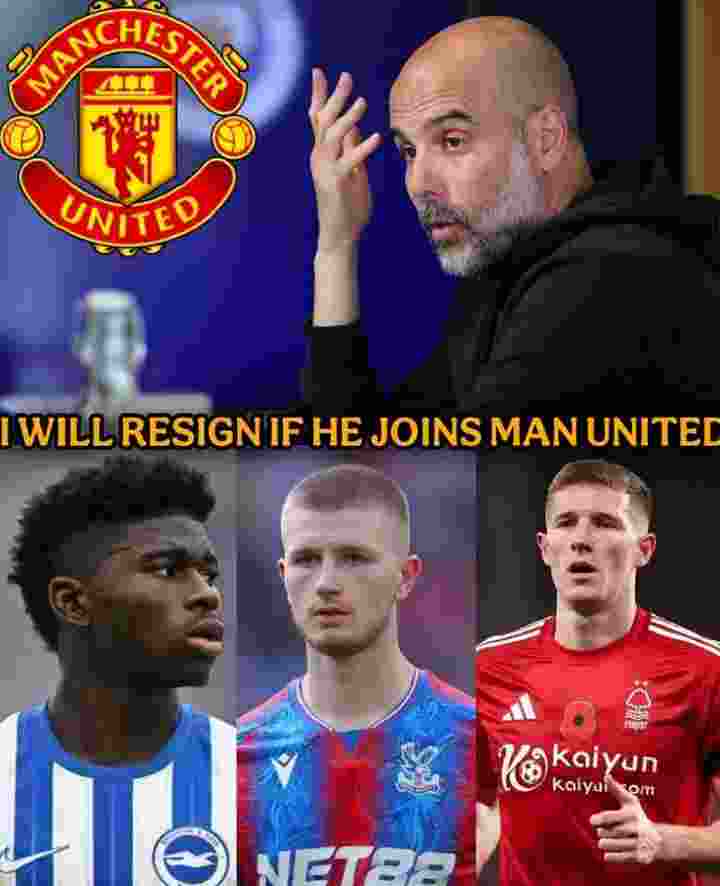
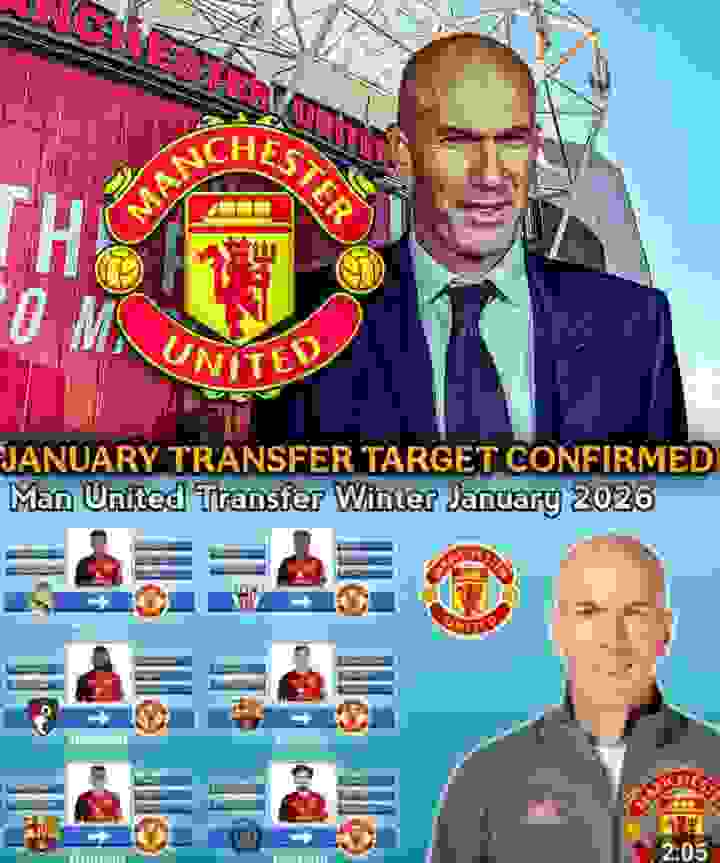
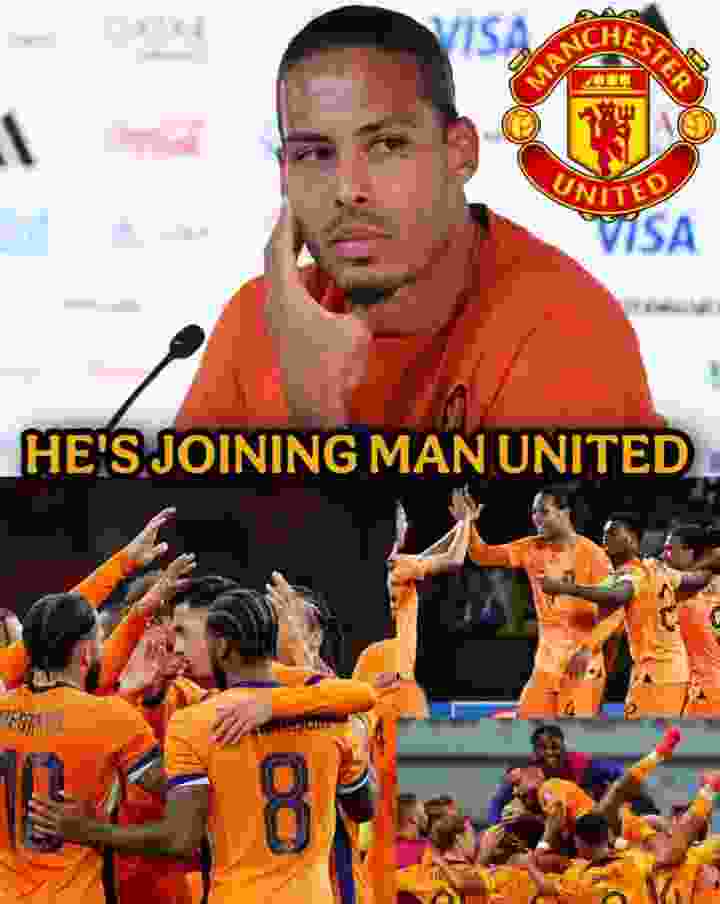
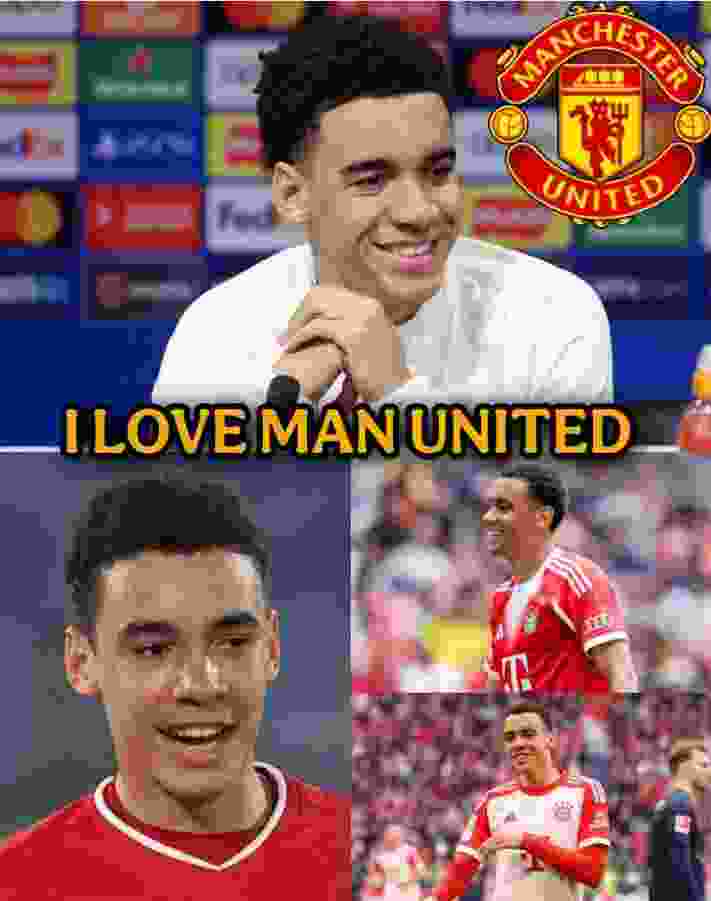

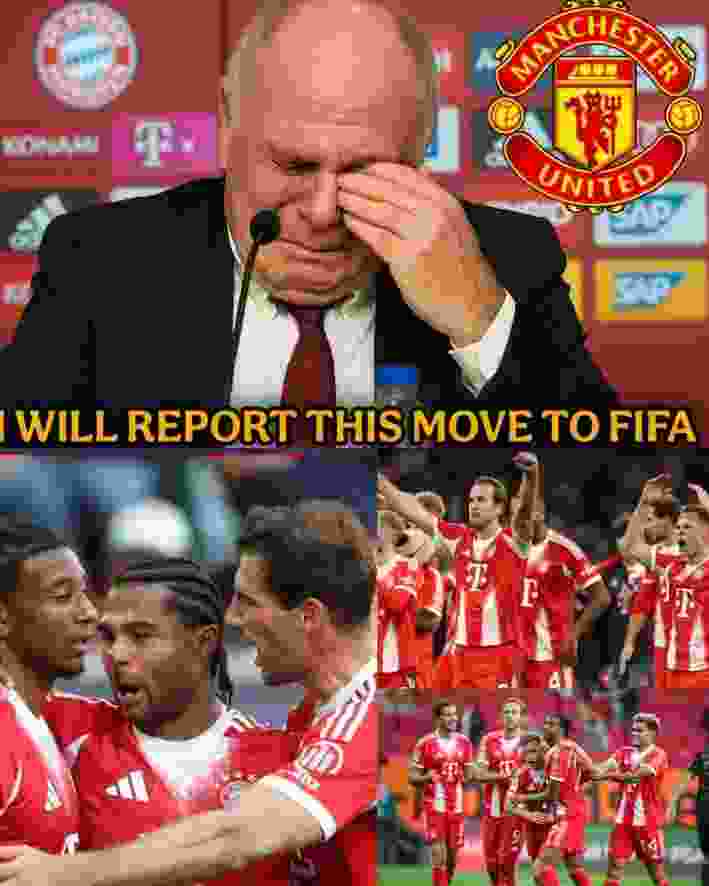

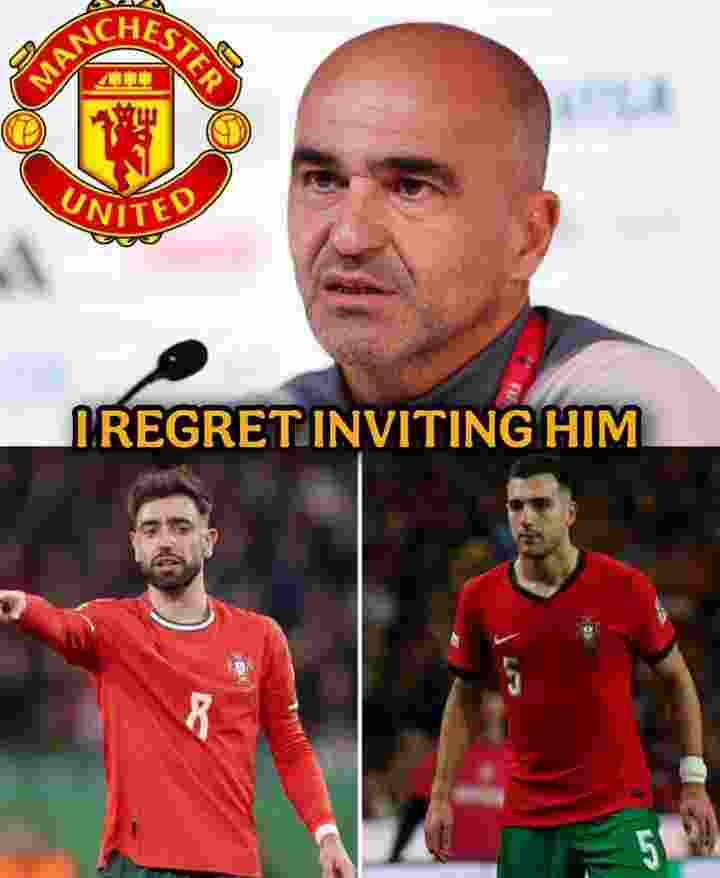

Leave a Reply